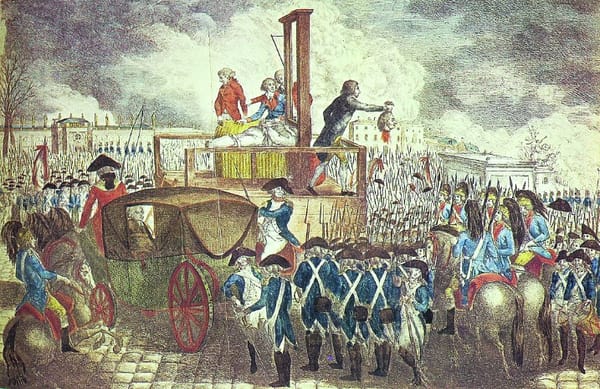Self-help Books – A compulsory course requirement?
Imperial can seem like a pressure cooker. Self-help books can provide us with advice about maintaining balance.

At the world’s top academic institutions, the pressure to achieve can be all-consuming. Often I find myself walking amongst high-flyers, questioning what drives this culture of self-sustaining competition. An innate drive emanates from these students, one that cannot be contained. For those that compare less favourably academically, there is a feeling of inadequacy that perpetually lurks in the back of the mind, casting a shadow over what they do. One imagines the top of the class to be the complete opposite, but, sadly, candid accounts of student experiences suggest otherwise.
The modern world has redefined what it means to be a student. A good job means good food, decent housing, and, perhaps, some disposable income. Getting one requires meticulous planning, but job security and longevity is no longer a certainty. Sceptics will argue student resilience and determination has decreased compared to previous generations. Whatever the reason, today levels of stress and anxiety are high, and it is difficult to find someone who would disagree. According to a study carried out by New York University in 2015, chronic stress that starts from secondary school and persists well into university years is not a rare finding amongst high-achieving students.
“The modern world has redefined what it means to be a student”
In a world that has become so interconnected via technology, having the confidence to be our own person is difficult. The effect of social media and clickbait news is omnipresent. Perceptions are moulded and formed as quickly as information is transmitted from one screen to another – at the speed of light. The concept of self and knowing oneself has never been more challenging than before, but self-help books cater for all spectrums of situations and problems. Therein lies their magic.
Self-help books intend to help their readership live better lives by offering practical solutions and advice to a wide variety of human problems from the professional to the very personal. I discovered this genre out of curiosity in a chance encounter whilst browsing an independent bookstore, and have been an avid reader of their volumes ever since. In subsequent years, after my discovery of this uniquely personal genre, I have found their contents to be comforting in difficult times, their spirit to be an indispensable guiding light and their optimism to be the very definition of positive energy.
“Self-help books offer practical solutions to a wide range of problems”
I believe self-help books can play a fundamental role in re-establishing the principles that make self, self. There are tips galore about how to live our lives – outlets like BuzzFeed are a favourite present-day source – but there is something irreplaceable about the semi-academic rigour of a good self-help book. They bring a deeper and more substantial perspective, one that allows reflection upon current life practices, in a manner which is decidedly non-judgemental.
Of course, there will be those who are sceptical. Detractors might claim that self-help book content is all common sense and nothing special; some will claim that real world experience is the only way to learn, and that loading up on theory will never be the solution. Whilst there is something to be said for all the numerous counter-arguments, they all reveal a level of cynicism that cannot be healthy.
“Such books bring a deeper perspective, one that allows reflection on life”
But there are many self-help books – where should one start? Of course, the best-sellers and the ‘classic texts’ come highly recommended, but the truth is the starting point is not of huge significance. Two contemporary volumes that are easily accessible and offer actionable steps are Designing your Life by Bill Burnett and Dave Evans, and How to Have a Good Day by Caroline Webb. These books will introduce some of the most pertinent and relevant self-help thought leadership – the recognised cutting-edge thinking in the field of study. Expect answers to your failing war with procrastination and to your currently unknown life purpose. From here, you might choose to engage in further study with more academic texts, and maybe even go on to develop a passion for the genre. When acquainted with the literature, there will be similar themes that emerge, and some will appear to ‘repeat’ the same principles. The reason for this is clear: there are a few principles that work, but they can be rather challenging, nigh impossible, to execute flawlessly. It is important to emphasise that the real value of these books is unlocked by appreciating their interdisciplinary nuances and working out how they apply to you.
Nonetheless, reading a self-help book provides an opportunity for a fair and kind evaluation of oneself. It allows us to improve in our own mind’s eye, to be kind to ourselves. By becoming more assured in oneself and living off the can-do-anything ‘growth mindset’ high that these books imbue, self-help books and the modern-day student are a perfect combination. Perhaps reading them should be made a mandatory course requirement.








